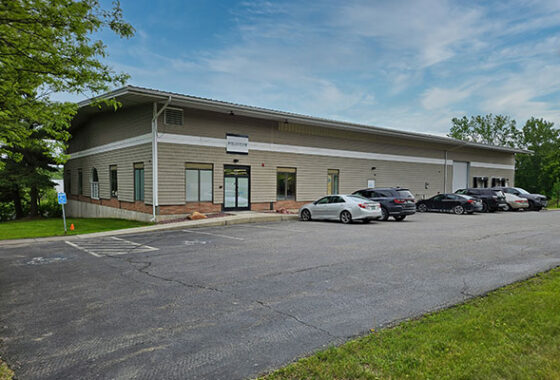Courtesy of Hughes CRE Insider
In the realm of commercial real estate, lease agreements come in various forms, with each offering unique advantages and disadvantages for both landlords and tenants. Two of the most common types are NNN (Triple Net) leases and Gross leases. Understanding the differences between these leases can help property owners and business tenants make more informed decisions.
What is a NNN Lease?
A NNN lease, or Triple Net lease, is a lease agreement where the tenant is responsible for paying all three of the ‘net’ expenses: property taxes, insurance, and maintenance costs, in addition to the base rent. This type of lease is commonly used in commercial properties such as retail centers, office buildings, and industrial spaces.
Benefits of NNN Leases for Landlords:
1. Predictable Income: Since tenants cover variable expenses, landlords enjoy a steady and predictable stream of income.
2. Reduced Management Responsibilities: Landlords are relieved of the burden of managing property-related expenses, as tenants handle maintenance and repairs.
3. Attractive to Investors: The predictable income and reduced management responsibilities make NNN properties appealing to investors seeking low-risk investments.
Comparing NNN Leases with Gross Leases and Their Benefits
Benefits of NNN Leases for Tenants:
1. Control over Property Expenses: Tenants can directly manage and potentially reduce operating costs, such as maintenance and repairs.
2. Long-Term Stability: NNN leases often involve longer terms, providing tenants with stability and the ability to build out their space as needed.
3. Tax Benefits: Some tenants can benefit from tax deductions on the property expenses they incur.
What is a Gross Lease?
A Gross lease, on the other hand, is a lease agreement where the landlord is responsible for most or all of the property’s operating expenses, including taxes, insurance, and maintenance. The tenant pays a fixed rent, which covers these costs.
Benefits of Gross Leases for Landlords:
1. Simplicity: Gross leases are straightforward, with one fixed rent payment covering all expenses, simplifying rent collection.
2. Control over Property: Landlords maintain control over property maintenance and management, ensuring the property is kept in good condition.
3. Attracts Tenants: The simplicity and predictability of a gross lease can attract more tenants, particularly those who prefer not to deal with fluctuating expenses.
Benefits of Gross Leases for Tenants:
1. Predictable Expenses: Tenants benefit from predictable monthly expenses without the worry of unexpected maintenance costs or fluctuating property taxes.
2. Simplicity and Convenience: With the landlord handling maintenance and other expenses, tenants can focus more on their business operations.
3. Budgeting Ease: The fixed rent allows for easier budgeting and financial planning, especially for small businesses or startups.
Choosing Between NNN and Gross Leases
When deciding between a NNN lease and a Gross lease, it’s essential to consider your priorities and business needs.
– For Landlords: If you seek reduced management responsibilities and stable, predictable income, a NNN lease might be more appealing. However, if you prefer maintaining control over the property and ensuring its upkeep, a Gross lease could be more suitable.
– For Tenants: If you value control over operating expenses and long-term stability, a NNN lease might be the way to go. On the other hand, if you prefer predictable, all-inclusive rent payments and less responsibility for property maintenance, a Gross lease might be better.
Conclusion
Both NNN and Gross leases have their unique benefits, catering to different needs of landlords and tenants. By understanding the nuances of each type, you can make an informed decision that aligns with your financial goals and management preferences. Whether you are a property owner looking for a hassle-free income stream or a tenant seeking predictable expenses, knowing the differences between these lease types is crucial for a successful leasing experience.








